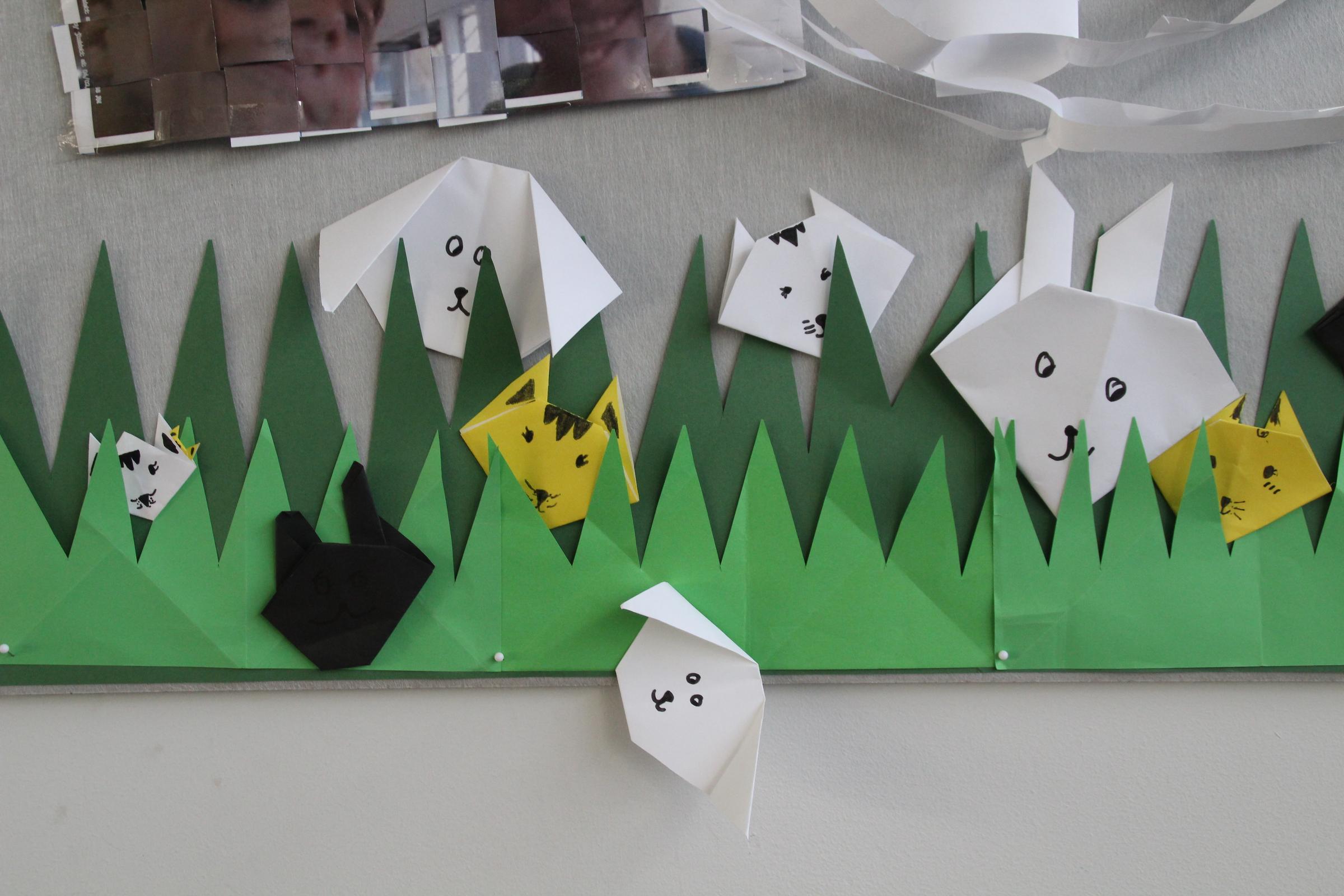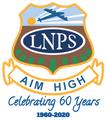Essential Learnings & Applications

English
The explicit teaching of English incorporates Writing, Vocabulary Development, Reading and Viewing as well as Listening and Speaking with the focus on learning how to use the English language to effectively communicate for a variety of purposes. Skills taught in English are also embedded across all other curriculum areas.
WRITING
Writing skills are addressed in multiple ways. As a text type is explored (e.g. persuasive), students develop knowledge and understanding of the structure, grammar and specific vocabulary required of that particular text type. The essential skills of writing (punctuation, sentence structure, vocabulary use and text control) will continue to be a focus during English blocks / workshops, with students then given the opportunity to apply their knowledge and communicate, through writing, in practical contexts. Students will also be reviewing various forms of texts and media throughout the year.
Proofreading and editing of written work is explicitly taught with a focus on punctuation and grammar. It is an expectation that students take greater ownership and responsibility for this as they near the end of their primary schooling. Ten Minute Writing sessions provide students the opportunity to improve their skills by responding to a variety of prompts with foci on accurate sentence and text structure, and the selection of precise vocabulary.
Maria Paladino and Cheryl Barker will be working with F10, 11, 12 and 13 this year to explore a range of text types. During the first term, our 5/6s will explore the purpose and features of persuasive texts before refining their narrative writing in the second term. Our Year 7 students will build their creative writing skills through narrative writing in Term 1 and then delve into the structure and language features needed to build a solid argument when writing persuasive texts.
VOCABULARY DEVELOPMENT AND SPELLING
Students work on developing strategies which writers need when working out how to spell words to enable them to become proficient spellers. These strategies include knowing what words mean, how they sound, how they change form and where words come from. These strategies are referred to as the Four Spelling Knowledges: Phonological, Visual, Morphemic and Etymological.
Students participate in targeted workshops, meeting their particular spelling needs, in which they inquire into words to find patterns and generalisations allowing them to develop strategies to spell and understand large numbers of words.
Through all subject areas, students focus on developing a broad vocabulary in order to be able to express themselves in a precise and, where appropriate, technical manner. Vocabulary development is vital to academic success.
READING
Reading comprehension strategies are developed to empower students to be successful across the curriculum. Students engage in many different reading activities in order to strengthen their abilities to comprehend and make connections to texts involving ‘HERE’, ‘HIDDEN’ and ‘HEAD’ information. As comprehension strategies improve, emphasis is placed on key skills of summarising and drawing conclusions. Opportunities to respond to literature are also provided through class novels, guided texts and personal texts.
LISTENING AND SPEAKING
Listening and speaking skills are developed through class participation, assembly presentations, Year 7 Graduate speeches and scheduled planned oral presentations. Students are supported to contribute their ideas and elaborate upon their thinking in order to justify their points. Students participate as active audience members by providing effective feedback to their peers.
Mathematics
Learning Mathematics is an active process where students build their own mathematical understanding through interaction with the ideas they hold and alternative ideas held by others. Students will be encouraged and supported to take risks and will learn to persevere with new or different and more efficient ways of thinking and solving problems, and will understand that mistake making is an important part of their learning.
Students will continue to develop understanding of the algorithms for addition, subtraction, multiplication and division and will explore, and apply, a range of written and mental strategies for computation to solve multi-step problems with a focus on real-life applications for measuring lengths, heights and distances travelled as well as capacity and volume.
Opportunities are provided to solidify and develop understanding of concepts related to place value, fractions, decimals and the representation and analysis of data. The way we programme learning ensures students have repeated opportunities to revisit concepts which supports those who need multiple exposure and repetition. Those who have mastered a concept have opportunities to apply and stretch their learning in a variety ways.
Understanding, fluency, problem-solving and reasoning are an integral part of mathematics across the three content strands: number and algebra, measurement and geometry, and statistics and probability.
Understanding - the skills involved include making connections, comparing and ordering, describing and identifying.
Fluency - the skills involved include choice, selection and estimation.
Problem-solving - the skills involved include formulating questions and finding authentic problems.
Reasoning - the skills involved include investigation, interpretation, justifications and building onto own learning.
Multi-disciplinary Projects / STEM
In order to provide rich opportunities for our students to apply their learning in meaningful ways, Fisher students will be involved in many projects this semester which will see multiple subjects combined during inquiries. This will enable students to make links between their learning experiences and ensure their efforts have an impactful purpose.
All of our multidisciplinary inquiries will see students applying many literacy and numeracy skills and understandings in practical ways and will be designed to ensure all essential aspects of the curriculum are addressed. Many concepts will recur over the course of the year to ensure students have multiple exposures in order to embed new learning and apply it in new contexts.
How will we feed our planet in 2050?
During this semester students will investigate this question with a focus on Biological sciences, sustainability, geography, water and the environment. Students will be looking at food waste and management and access to resources. Learning experiences will support hands on collaboration and making connections to global issues.
Year 7
Future Earth
During Semester One, Year 7 students will focus on our inquiry into How long will Earth be able to sustain life? This question leads to many cross curriculum opportunities with the main learning occurring through Earth and Space Sciences, Biological Sciences, sustainable practices and water.
Year 7
Geography- Place and Liveability
Students will discuss factors that influence people’s perceptions of the liveability of places. They will investigate features and characteristics of places across a range of scales that support and enhance wellbeing such as community identity, environmental quality and access to services and facilities. Students will assess the liveability of places and propose strategies to enhance the liveability of a place in Australia. This unit will have strong links to both our Year 7 camp and English through the reading of our class novel Boy Overboard.
Year 7 Civics and Citizenship
Students will use inquiry skills to develop social, historical, geographical, environmental, civic, political, business and economic knowledge and understandings and view issues from a local to a global scale. They will learn about citizenship, laws and the democratic values in group participation that promote a cohesive society. This will be explored through an inquiry into What Does it Mean to be Australian?
The Arts & Technologies
This year, Fisher students will be participating in Friday Arts and Technologies (or F’ARTTs). Students will take part in Dance, Music, Drama, Design and Technology, Media, Visual Arts and Digital Technologies. They will be working with a different Fisher teacher each unit. As well as offering students a range of experiences and expertise, this programme also helps prepare students for high school by providing the opportunity to work with specialist teachers. This is a great chance for students to try things they may have never done before, have some fun as well as develop new skills and abilities.
Health & PE
Students will receive one 50 minute Physical Education lesson and one 50 minute Health lesson each week. Our programme aims to develop students' knowledge, understanding and skills to create opportunities and take action to enhance their own and others' health, wellbeing, safety and physical activity participation.
The main areas of focus during Health programmes are:
BEING HEALTHY, SAFE AND ACTIVE
COMMUNICATING AND INTERACTING FOR HEALTH AND WELLBEING
CONTRIBUTING TO HEALTHY AND ACTIVE COMMUNITIES
Students will be investigating and selecting strategies to promote health, safety and wellbeing. They will explore concepts of identity, values and choices to understand how they impact on and contribute to overall wellbeing. Concepts will be explored through topics around nutrition, mental health and physical activity.
The main areas of focus during Physical Education lessons will be:
LEARNING THROUGH MOVEMENT
UNDERSTANDING MOVEMENT
MOVING OUR BODY
Students will be engaged in a broad range of physical education activities. They will learn about the importance of good sportsmanship, teamwork and develop skills to play individual and team sports.
In the second half of Term One, lessons will have an athletics focus, in preparation for our School Sports Day.
From time to time additional sporting clinics will be conducted by visiting specialist sports development officers.
Students will be notified of any upcoming SAPSASA events or trials by Mr Starr, Ms Patterson or Mrs Baker and be provided with relevant documentation if interested in participating. These documents will be placed on the (Fisher Chatter Google Classroom) for all Fisher students have access to this.
Important dates:
LNPS Sports Day: Friday 29th March (Week 9)
District Day: Friday 10th May - Term 2 (Week 2)
